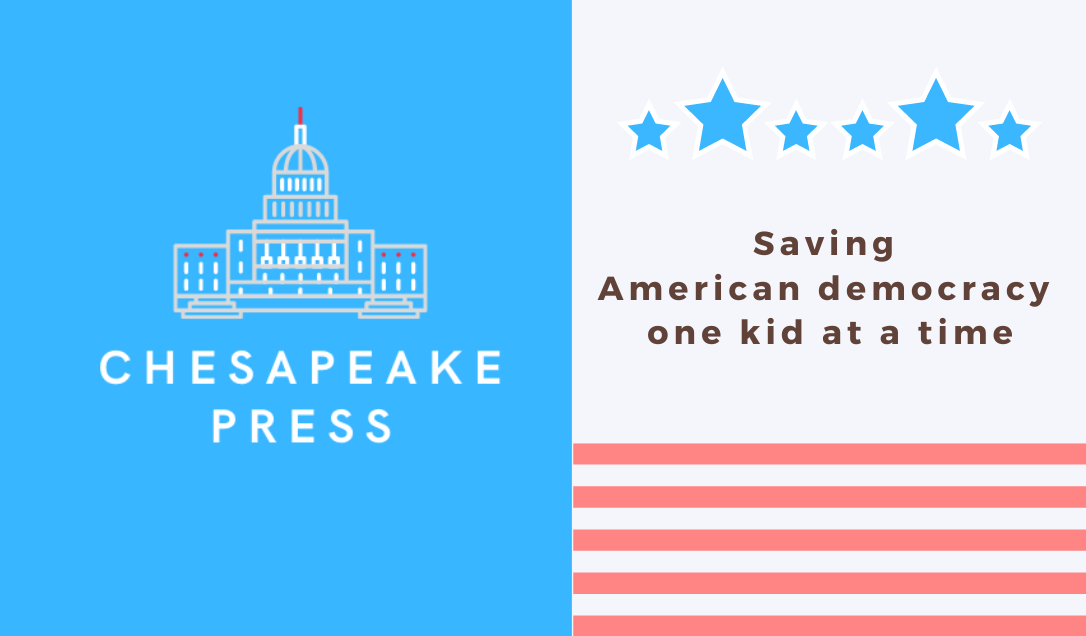Let Kids Vote!
Young people had been trying to lower the voting age since World War II, when President Franklin Roosevelt moved to drop the draft age to 18.
The Vietnam War inspired another movement to allow 18-year-olds to cast ballots. The argument was the same: old enough to fight, old enough to vote.
In 1970, Congress added a provision to the Voting Rights Act to lower the voting age to 18, but the U.S. Supreme Court rejected the measure, telling lawmakers it wasn't enough.
So Congress passed the 26th Amendment to the Constitution. It then went to the states, needing approval from 38 of America's 50 states. It took just four months to change the Constitution, the fastest ratification in history.
(photo courtesy of National Archives)Later Efforts
Over the past half-century, lawmakers across the country have proposed lowering the voting age for local elections.
1989 - Phyllis Kahn proposed lowering the voting age to 12. As a state lawmaker, the Minnesota lawmaker changed her mind and thought 16 was an appropriate voting age.
2003 - A measure lowering the voting age to 16 actually made it on the ballot. It was defeated by voters.
2003 - Maine lawmakers voted to lower the voting age to 17 in the primary election, but only if young people turned 18 by the general election.
2013 - The first 16-year-old in American history cast a legal ballot in a city election in Takoma Park, Maryland.
2016 - Berkeley, California voted to allow 16 year olds to vote in school board elections
(photo courtesy Kitty Felde)In 2019, Congresswoman Ayanna Pressley from Massachusetts introduced an amendment to a voting rights bill that would lower the voting age. "Beginning at the age of sixteen," she said, "young people are contributing to both the labor force and their local economies by paying income taxes, and yet they are deprived of the opportunity to exercise their right to vote."
The amendment was defeated.
In this most recent Congress, at least three new measures were introduced to lower the voting age. None have advanced.
But what about kids who are double digits?
Congressman Mark Takano from California was one of the 126 lawmakers who voted for the amendment.
Fina Mendoza's fictitious classmates put him on the hot seat, asking him whether he'd also support lowering the voting age to "double digits" - in other words, kids as young as 10.
Congressman Mark Takano takes questions about lowering the voting age to “double digits.”
In our special 2-part episode of The Fina Mendoza Mysteries, Let Kids Vote! Fina and her classmates try to convince a real-life member of Congress, Rep. Mark Takano of California, to support lowering the voting age to "double digits."
FINA: My Papa’s back in California working on his re-election campaign. He says the hardest part about running for office every two years is that so many people in his district don’t vote. Ever!
MICHAEL: That’s terrible! When I’m 18, I’m going to vote in every election. Even if it’s just for some stupid job like insurance commissioner.
BECKA: I wish I could vote this year.
FINA: Me, too. I mean, I know stuff. We know stuff.
MICHAEL: Yeah! We know more than most people who vote.
BECKA: We probably do more research than any grownup who gets a ballot. We have to. We go to school all week.
MICHAEL: It’s probably because we don’t pay taxes. Congress always listens to people who pay taxes.
FINA: And why do we have to wait until we’re 18 to vote? I mean, if all those people don’t bother to show up on election day, why not give a ballot to people like us who will vote?





